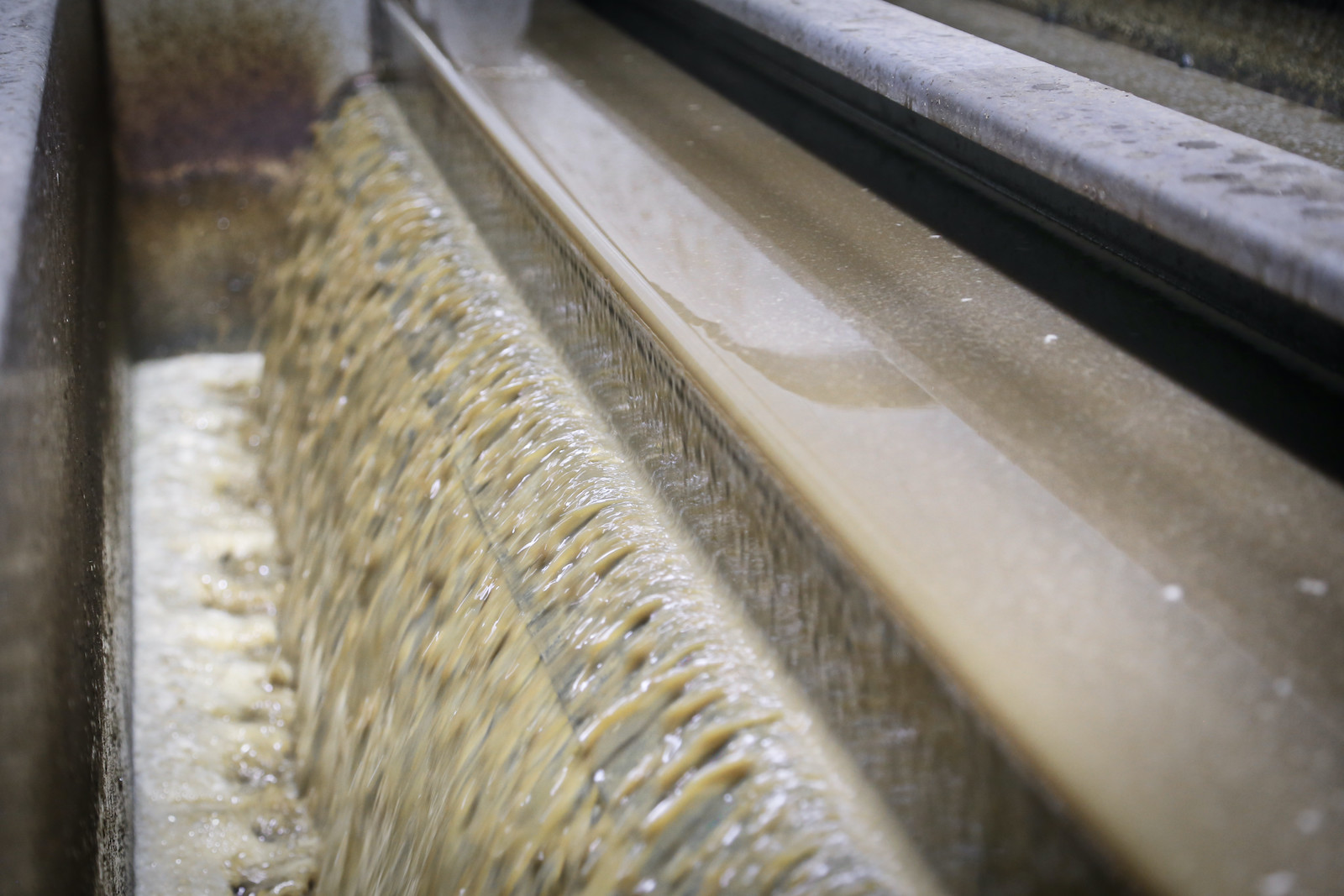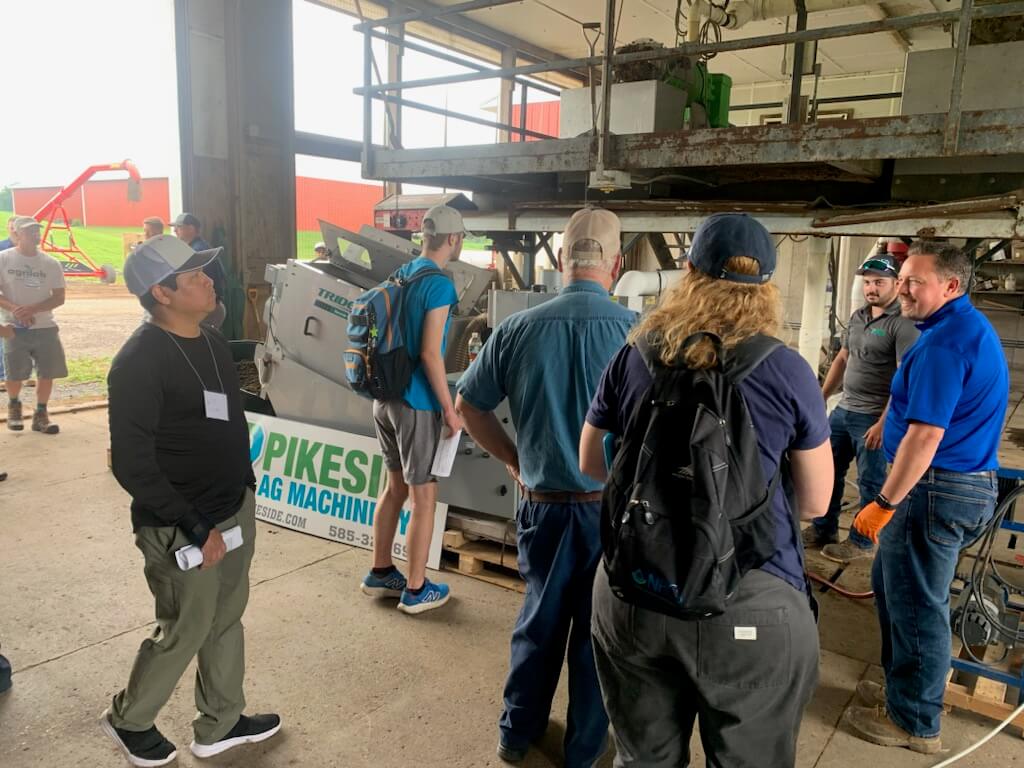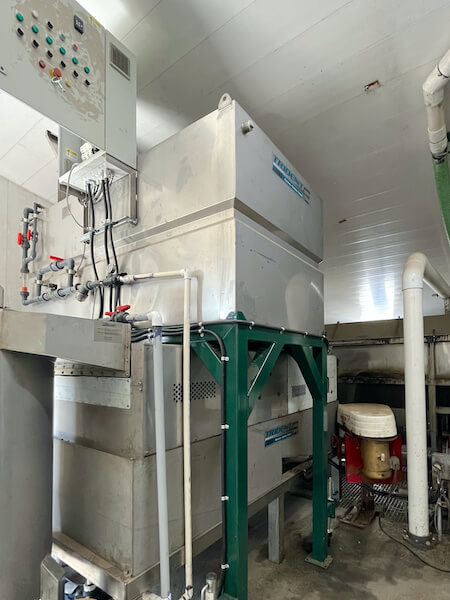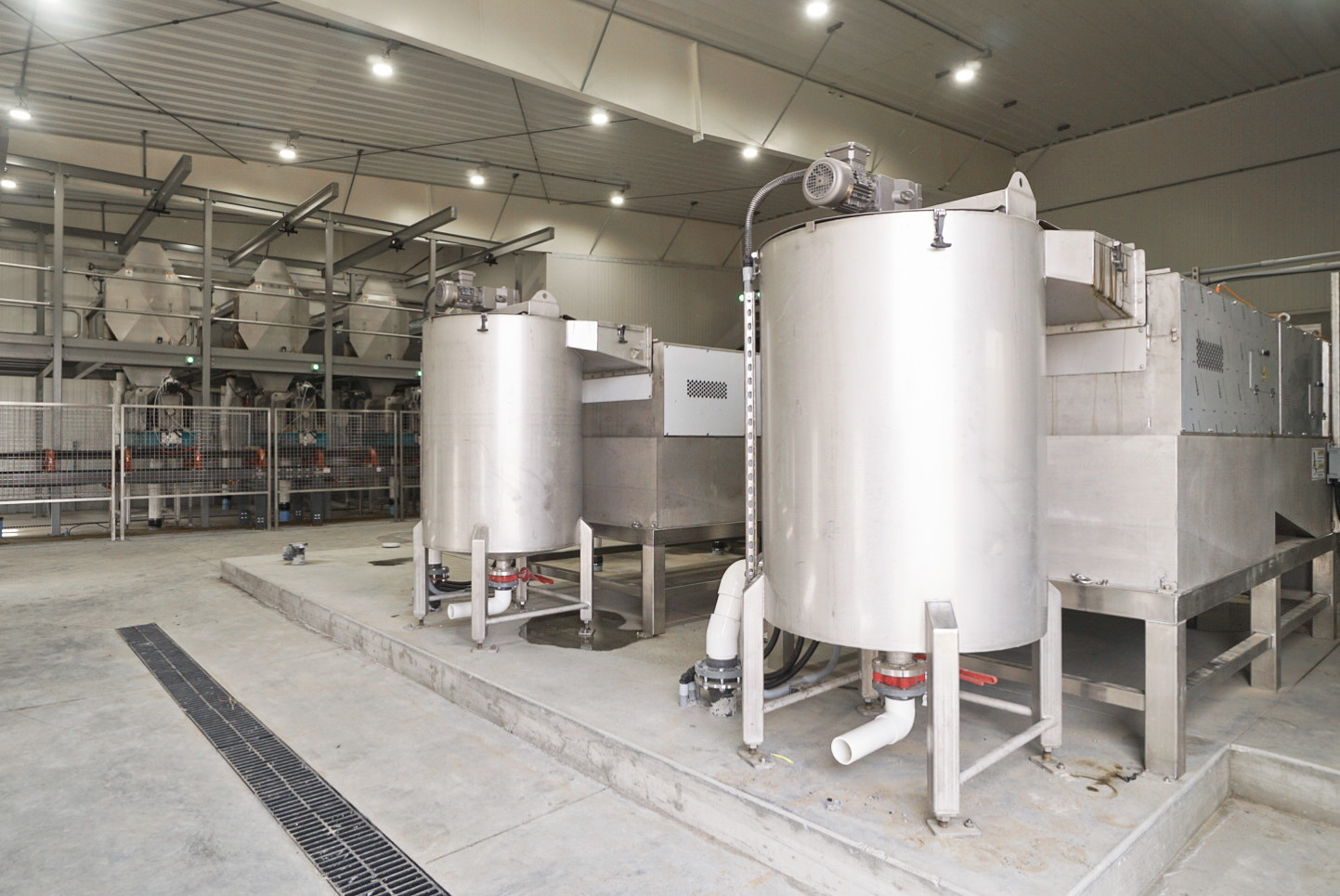Earlier this month our team had an opportunity to showcase advanced manure treatment with the…
Manure treatment assessment
Assessment of manure treatment technologies – March 19th, 2021. Trident recently had the privilege to collaborate with the University of Missouri Extension on a case study dedicated to dairy farm manure treatment. The extension team around Tim Canter is developing an extensive knowledge base for technologies that support water and nutrient recycling. The multi-year project is supported by a USDA grant. It aims at providing producers a decision tool for their farm specific manure management options. The work also ties into the technology assessment catalogue that Newtrient has launched a few years ago.
ESTABLISHED AND PROVEN TECHNOLOGY
This initiative supports the ongoing trend of sustainable agricultural practices and addresses the need to manage natural resources responsibly. Of course, there are many pieces that can contribute to a solution including animal nutrition, soil and crop management. However, the authors also recognize that “separation and treatment technologies used at the point of generation can have the greatest impact.” A technology that is proven to deliver effective treatment results is Trident’s multi-step process with a DAF and MD Press.
ON FARM ASSESSMENT
Canter and his team started the assessment with an in-depth review of Trident’s process design for two specific dairy sites. The team also looked at mass flow balance diagrams including capture rates at each equipment stage and estimated outputs. In the next step the extension team validated these details during onsite visits at the two dairy farms. They measured inputs and outputs and analyzed samples to determine solids and nutrient capture rates. Interviews with farm management helped understand the operational impact of the manure treatment system. Interestingly, both dairies use a very similar equipment configuration although they operate with different bedding materials. While one dairy beds with sand, the other farm uses the first stage separation to recover organic fiber from manure to reuse it as bedding. This is a strong testament to the versatility of modern manure systems.
For access to the case study visit the University of Missouri Extension website. We would like to thank Tim Canter and the involved partners for the opportunity to participate in this project.

Image: The tea water produced with the DAF treatment is low on solids and phosphorus. This helps eliminate challenges that are common with traditional manure handling and elevates problems with lagoon storage and land application.
ALTERNATIVE TREATMENT OPTIONS
Although the reviewed treatment system incorporated large DAF tanks, it should be mentioned that other treatment options are available, too. Especially for farms with herd sizes of 250 – 3,000 cows the Modular TNZ Manure Treatment System is a very attractive alternative.
To learn more about the featured projects or to find out which treatment best suits your dairy contact Trident at 1-800-799-3740.



